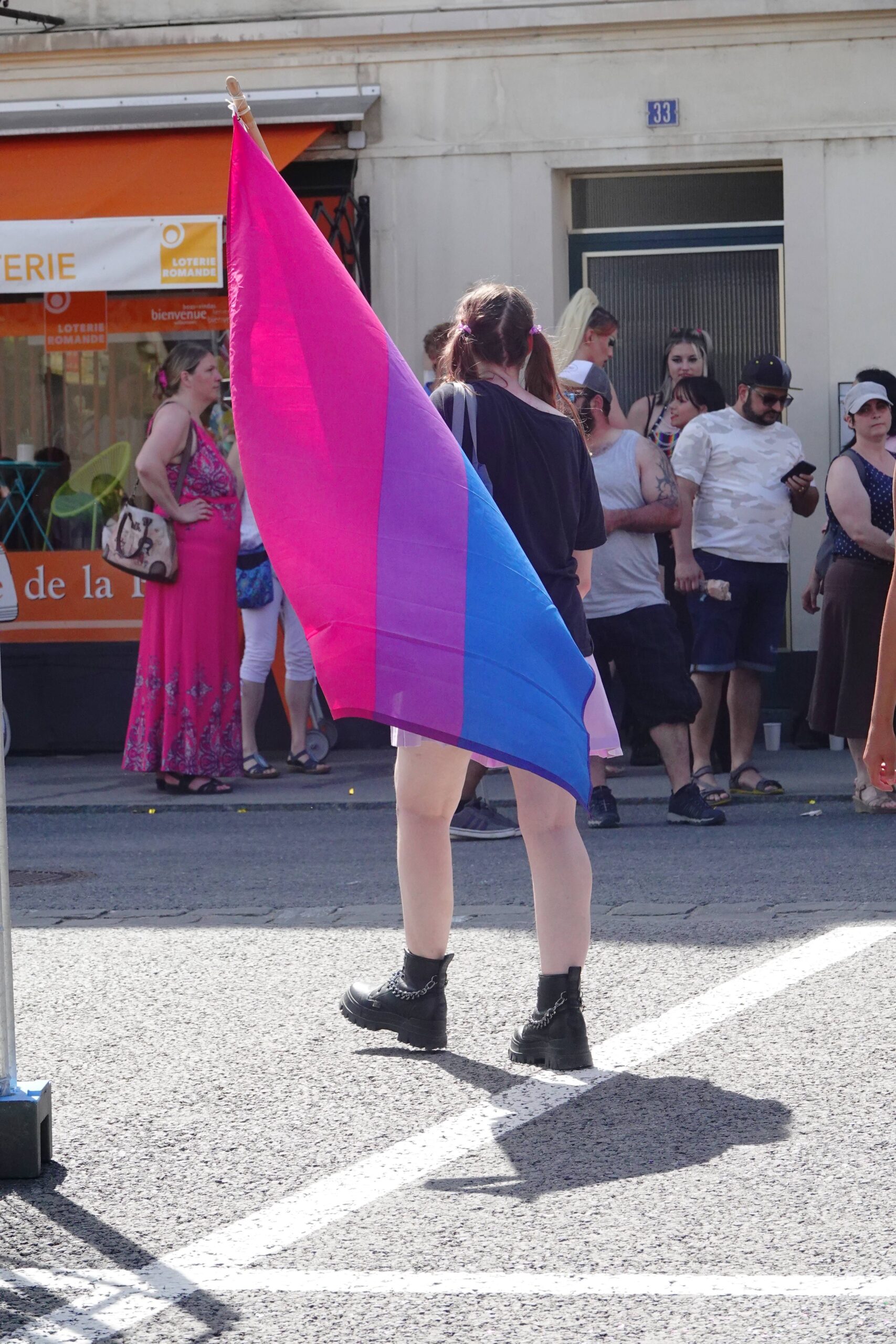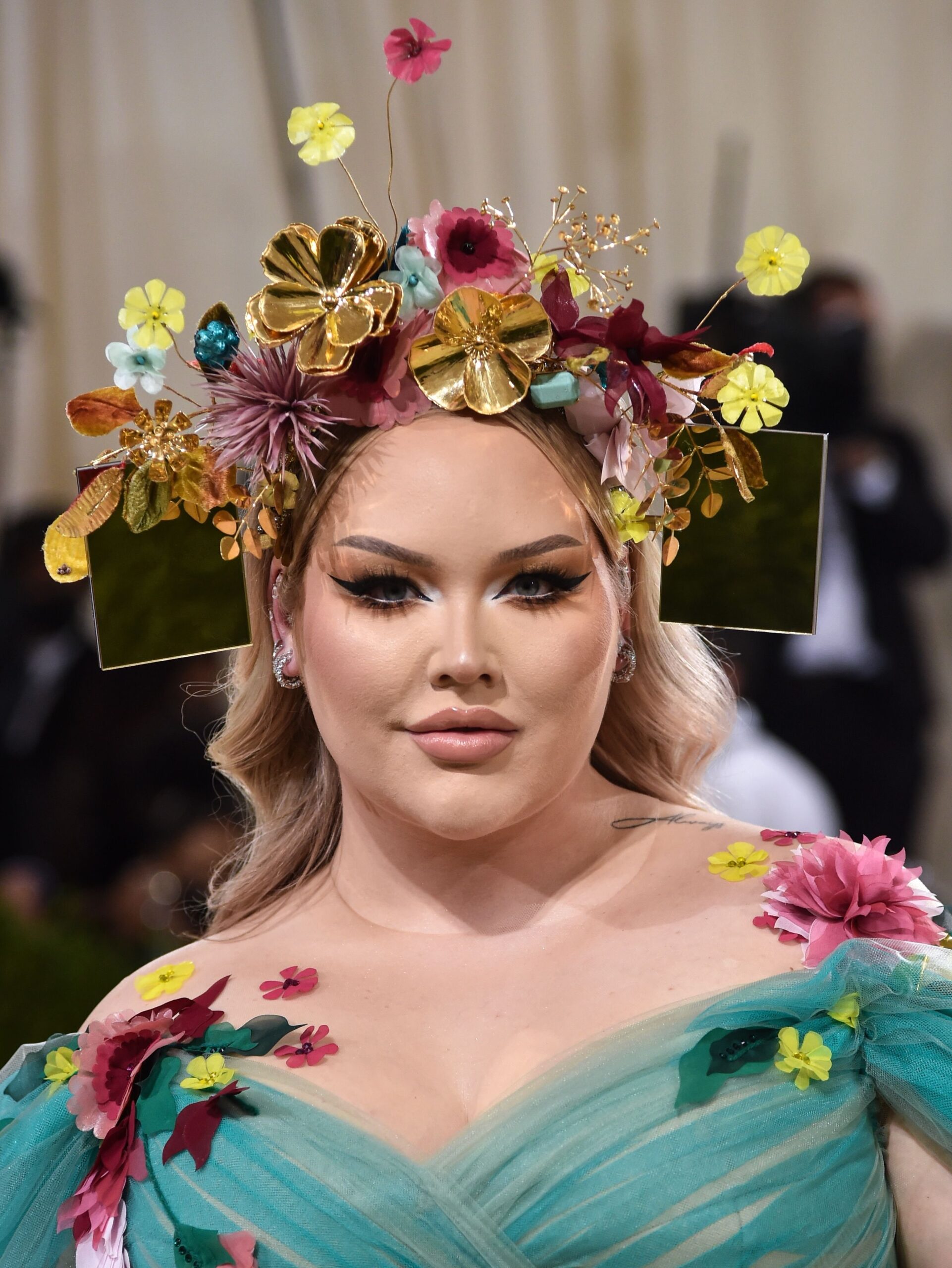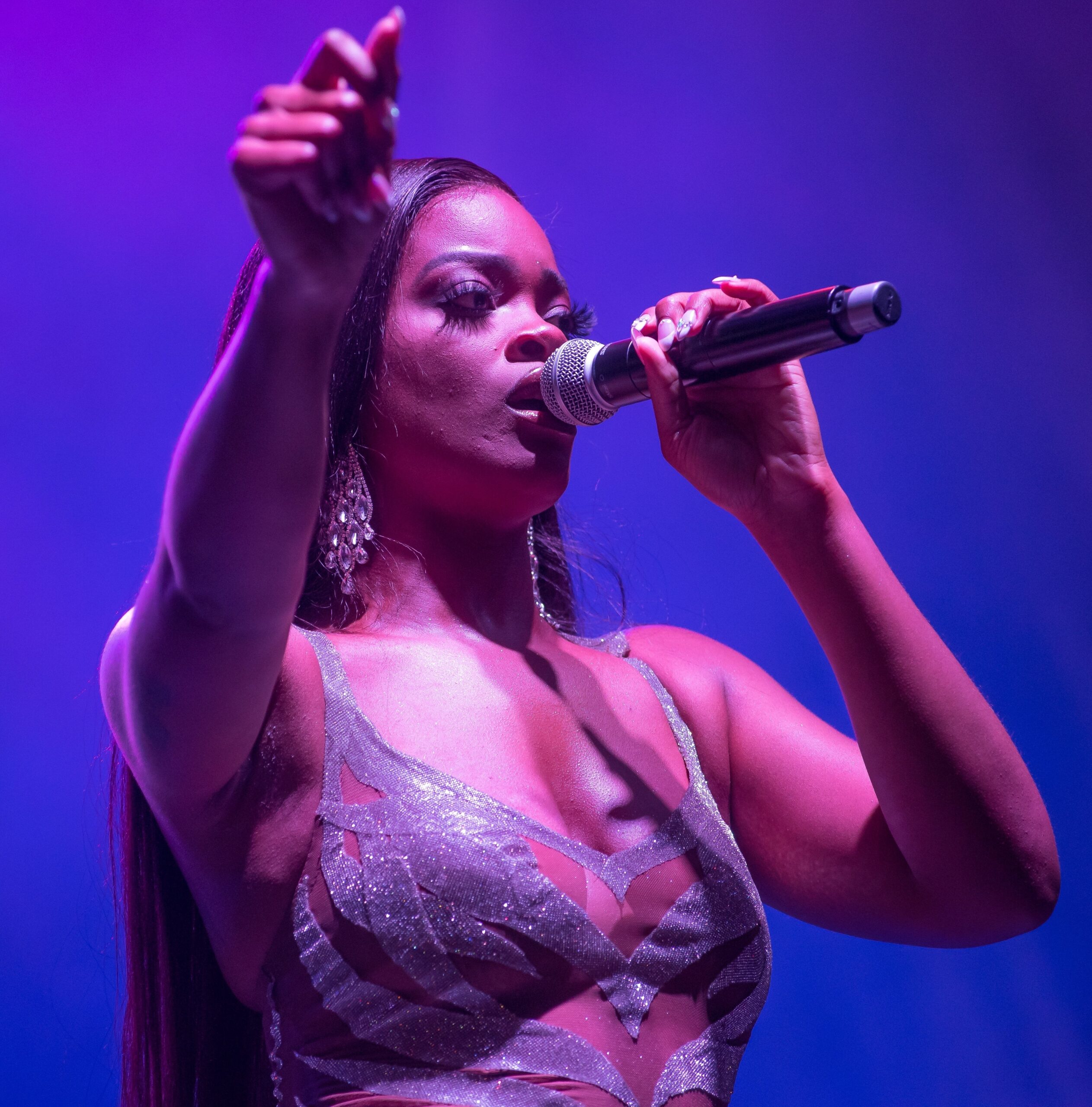Updated 11/30/2020: While many fans rejoiced at Rosario Dawson’s recent appearance as Ahsoka Tano on The Mandalorian, plenty were dismayed and disappointed that the 41-year-old actress has a lawsuit against her and her family based on their alleged attack of a transperson and “longtime family friend.” Prior to Dawson’s anticipated debut on The Mandalorian, LGBTQ+ […]






